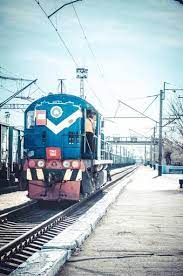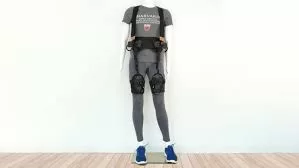Nearly 50 percent of individuals with high blood pressure (BP) or hypertension are at risk of experiencing significant kidney damage over time, potentially necessitating dialysis or a kidney transplant, according to health experts. This warning comes on the eve of World Hypertension Day, observed annually on May 17 to increase awareness about this “silent killer” that affects an estimated 188.3 million people in India.
Dr. L H Suratkal, a Nephrologist at Lilavati Hospital, highlighted the dangers of uncontrolled hypertension, stating, “Uncontrolled hypertension may narrow, harden, or weaken the arteries around the kidneys, disrupting the kidney’s ability to filter blood and regulate fluids and electrolytes in the body. Hypertension damages the blood vessels and filters in the kidneys, making waste removal from the body challenging.” He added that unmanaged hypertension could lead to kidney tissue scarring, kidney failure, or end-stage renal disease (ESRD), often resulting in negative outcomes and fatalities. Approximately 30 percent of hypertensive patients may ultimately require dialysis or a transplant.
Hypertension is also known to adversely affect the heart, brain, and eyes. Health experts attribute the rising prevalence of hypertension among young Indians (aged 15-60) to sedentary lifestyles, obesity, physical inactivity, and stress.
Dr. Ruju Gala, a Consultant Nephrologist and Renal Transplant Physician at Zynova Shalby Hospital in Mumbai, reported an increasing number of patients with kidney disorders, with about 80 to 100 patients seeking treatment monthly. “Of those patients who come for treatment with kidney problems, 50 to 75 percent are found to have hypertension,” Dr. Gala noted. He explained that hypertension strains the blood vessels in the kidneys, leading to nephrosclerosis, which reduces the kidneys’ filtering capacity. “Hypertension also disrupts the balance of hormones and enzymes involved in managing blood pressure and maintaining fluid balance in the kidneys,” he added.
According to the World Health Organization (WHO), controlling blood pressure in half of the hypertensive population in India could prevent at least 4.6 million deaths by 2040.
To manage hypertension, experts recommend a nutritious diet, reducing sodium intake, maintaining a healthy weight, quitting smoking and alcohol, and avoiding processed foods.
As World Hypertension Day approaches, medical professionals urge individuals to monitor their blood pressure regularly and adopt healthier lifestyles to mitigate the risks associated with this pervasive condition.











